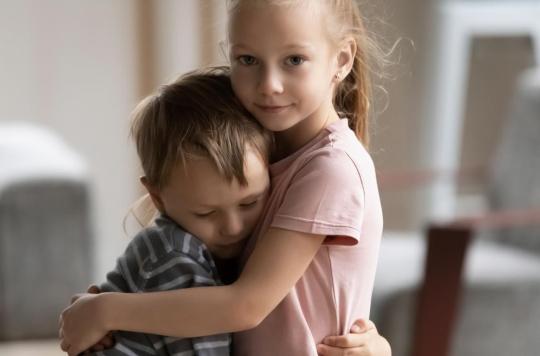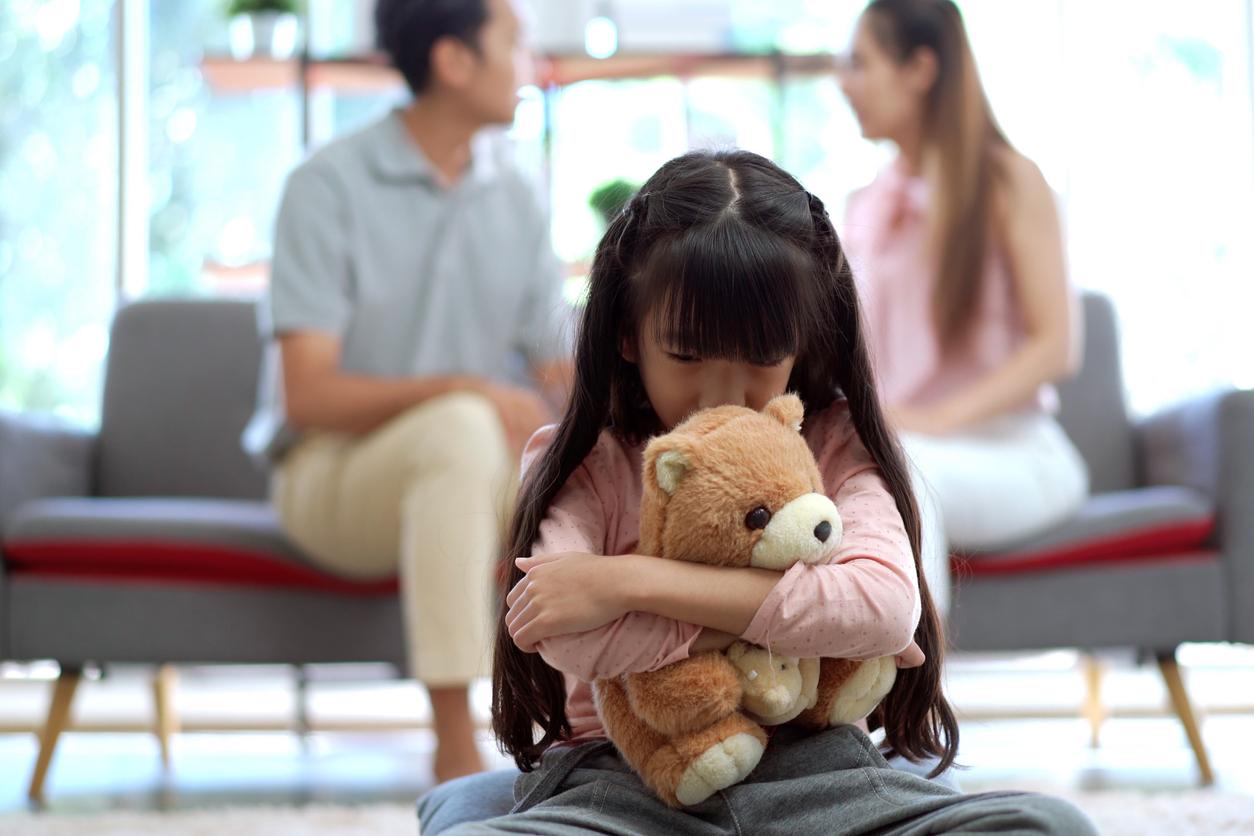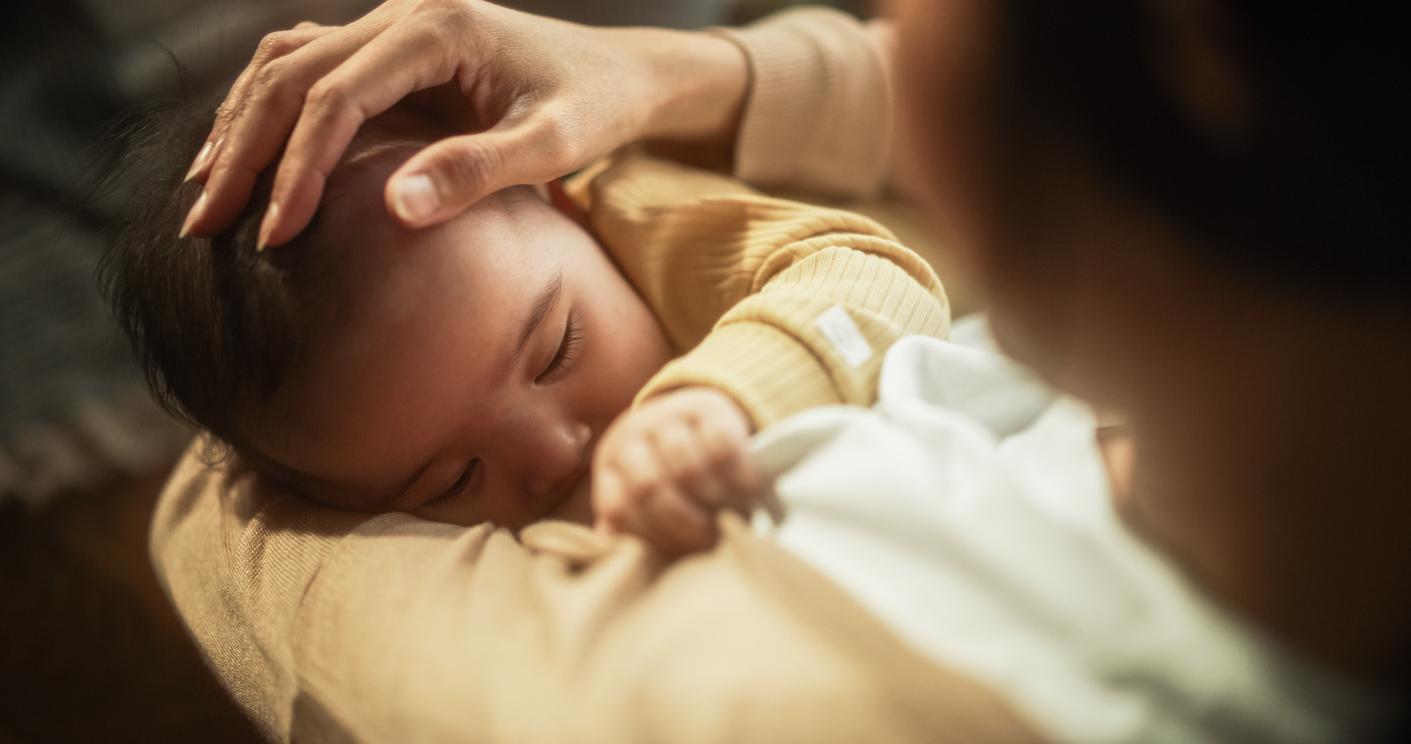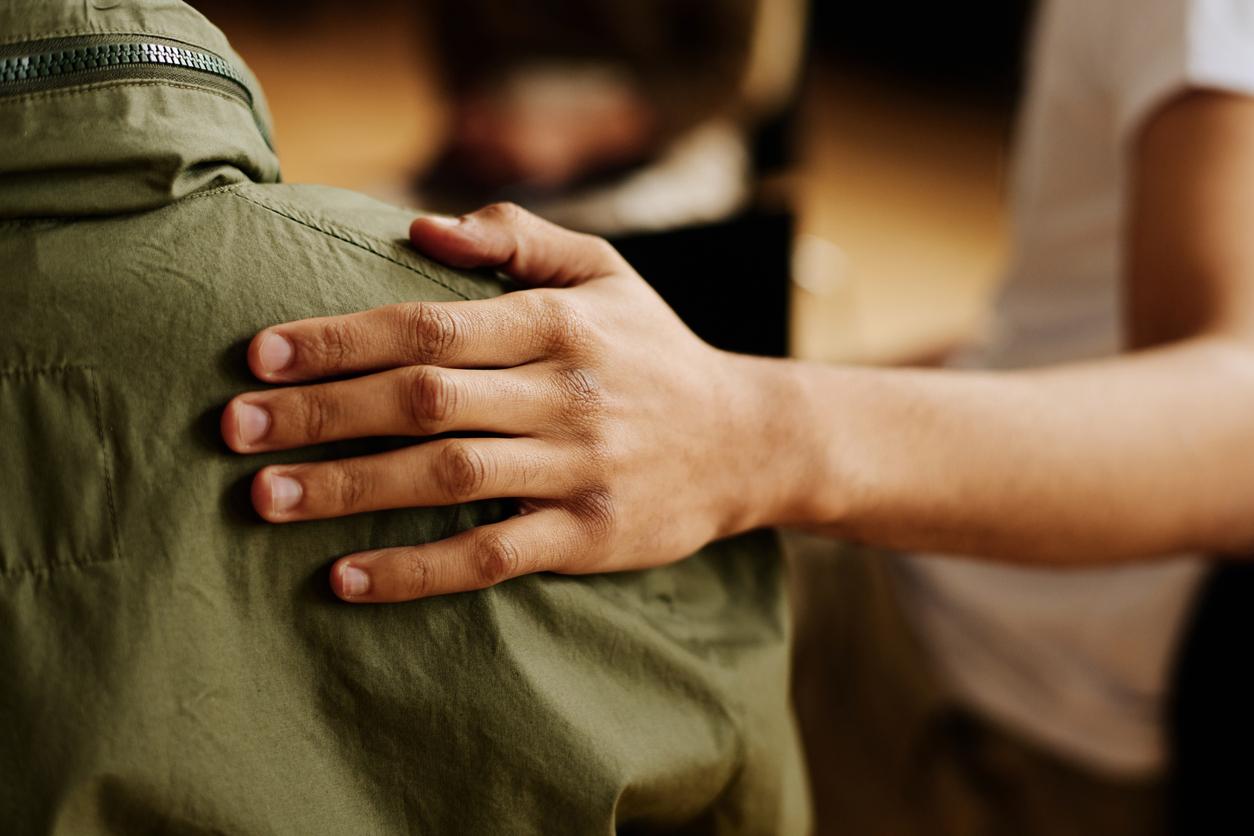Helping children feel another person’s emotions and put themselves in their shoes has a positive impact on their relationship with their mother during adolescence and allows them to be happier.

- The development of empathy occurs when children observe their parents, whom they see as role models.
- At different stages in life, children develop affective empathy, cognitive empathy, and mature empathy.
Adolescence can be a difficult time. “There are often conflicts between young people and parents,” said Meagan Patterson, professor of psychology at the University of Kansas (USA), in a statement. Along with three other scientists, she discovered that helping her son or daughter develop empathy skills from an early age helped to avoid having confrontational relationships with her child in adolescence.
Empathy training for mothers and children
To reach this conclusion, American researchers carried out a study, the results of which were published in the journal Journal of Adolescent Research. To carry it out, they recruited 108 mothers and their children, aged 13 to 15, who lived in northwest China. Each duo completed 20 days of empathy training.
The latter was based on an intervention by Li Chen-Bouck, author of the research and professor of education at Baker University, which aims to help people take into account the point of view of others and understand how they experience certain situations. During the training, the authors asked the volunteers to identify the emotions of the people in a photo and those of a character in a video, to adopt the point of view of the character and to assume his role as well as to feel the sentiment shared by the latter in the video.
“Participants’ quality of mother-child relationship, mother-child conflict, life satisfaction, and empathy skills were measured three times, and some participants were asked about the training,” can we read in the searches.
Improved relationships and life satisfaction
According to the results, adolescents and mothers reported significant benefits in terms of the quality of the mother-child relationship and felt happier after the training. But they “did not show a noticeable improvement in their empathy skills. We believe there are several reasons for this. It is possible that empathy skills are not developing as part of “This study. It could be that if we follow up in a year, we’ll know more about the long-term effects.” said Li Chen-Bouck.
As a reminder, parents can help children develop this ability to put themselves in others’ shoes and to perceive what they are feeling through certain behaviors and gestures. Sensitivity to their feelings should be shown to toddlers to help them become aware of their own emotions. When a child is in pain, it is possible to console him by giving him a hug so that he can understand the behaviors that can be had in this situation.

















